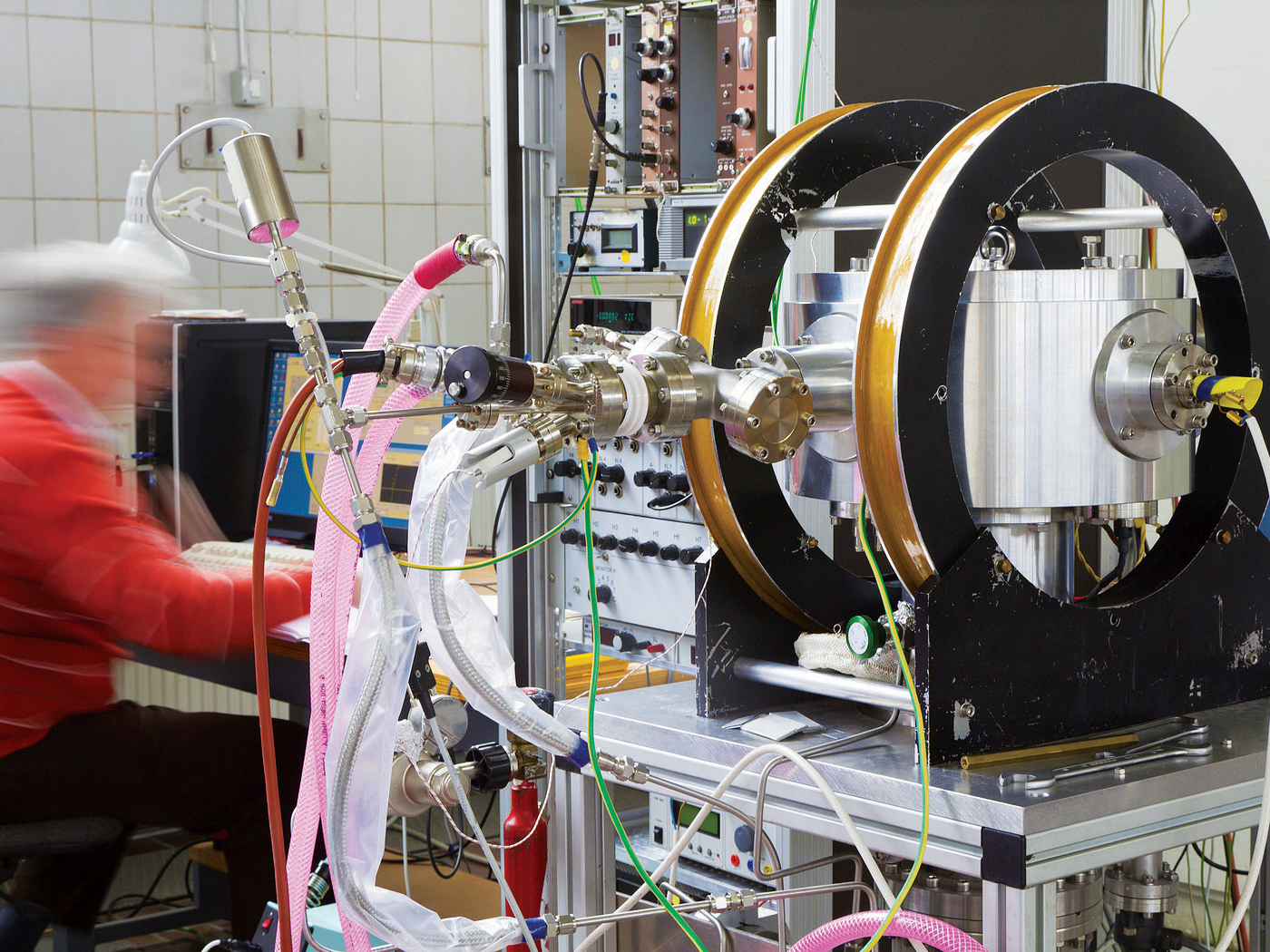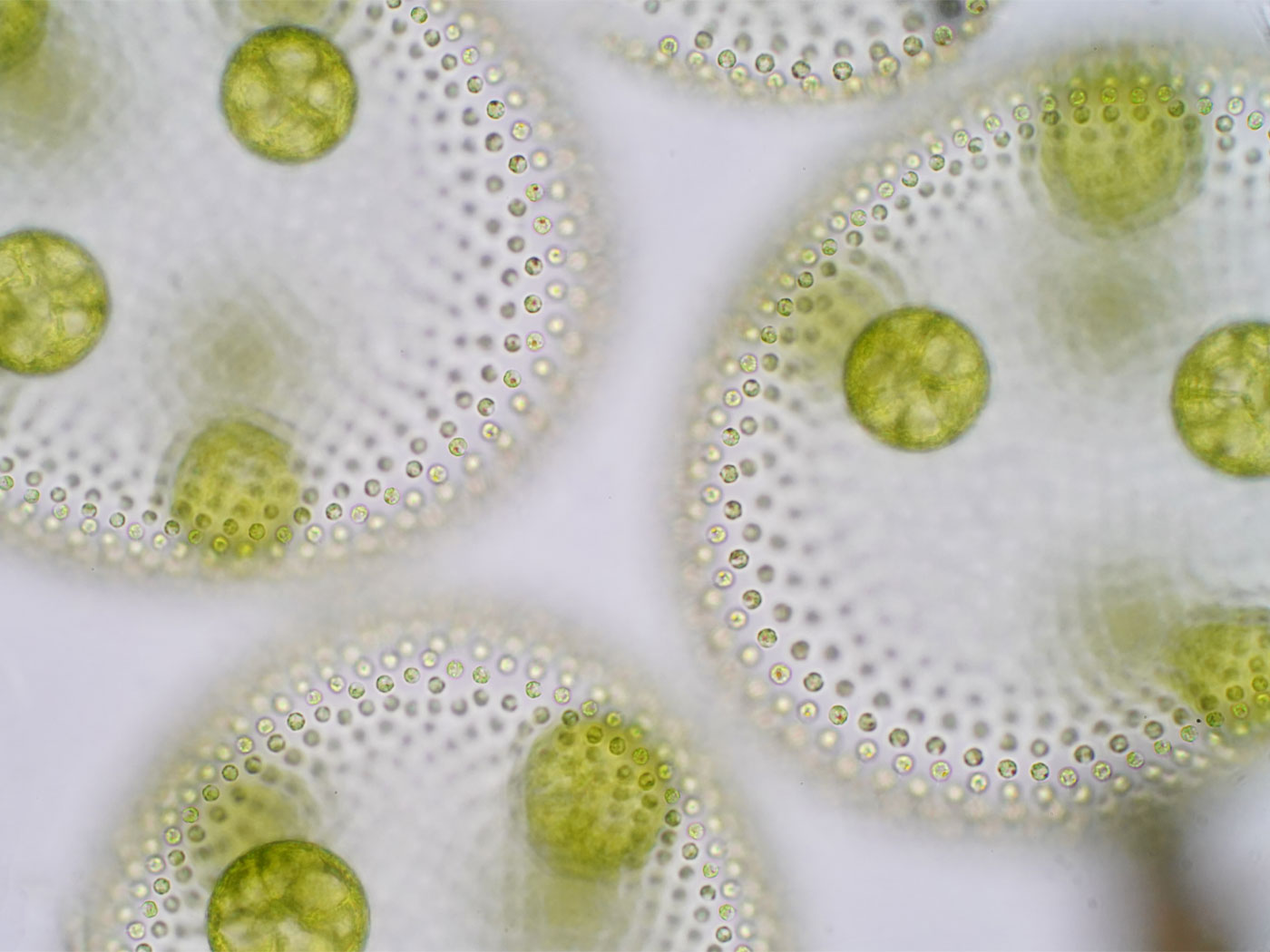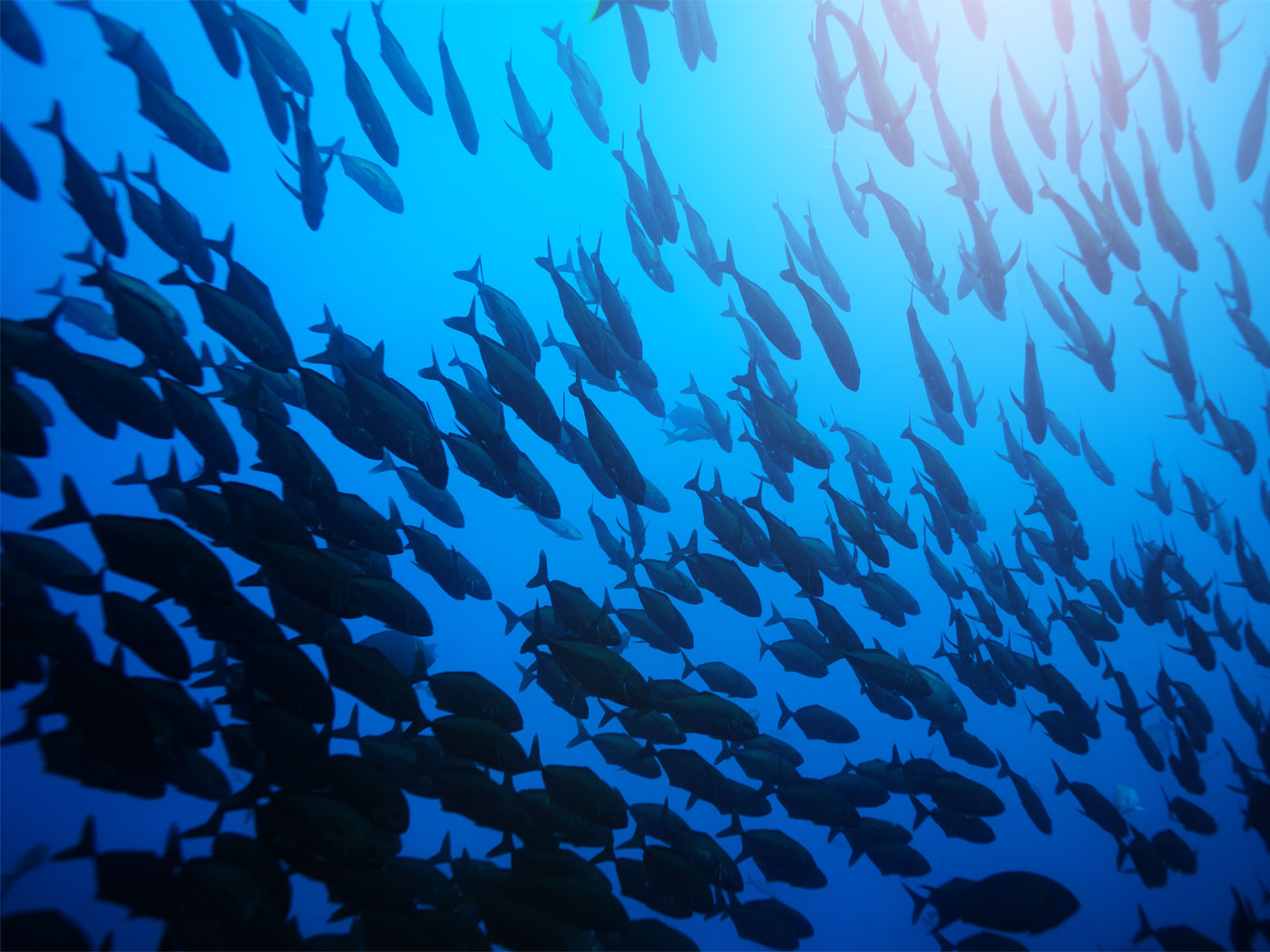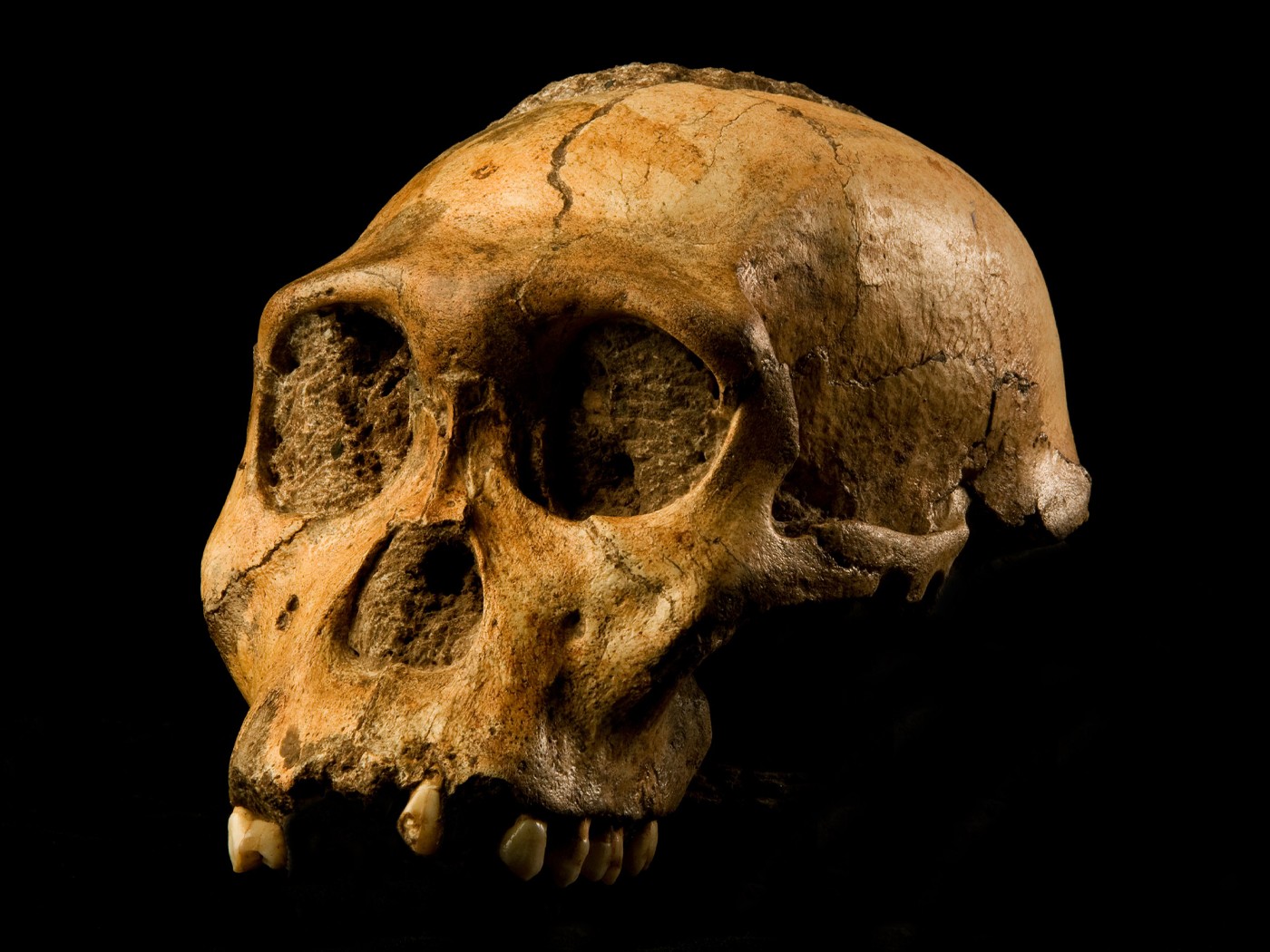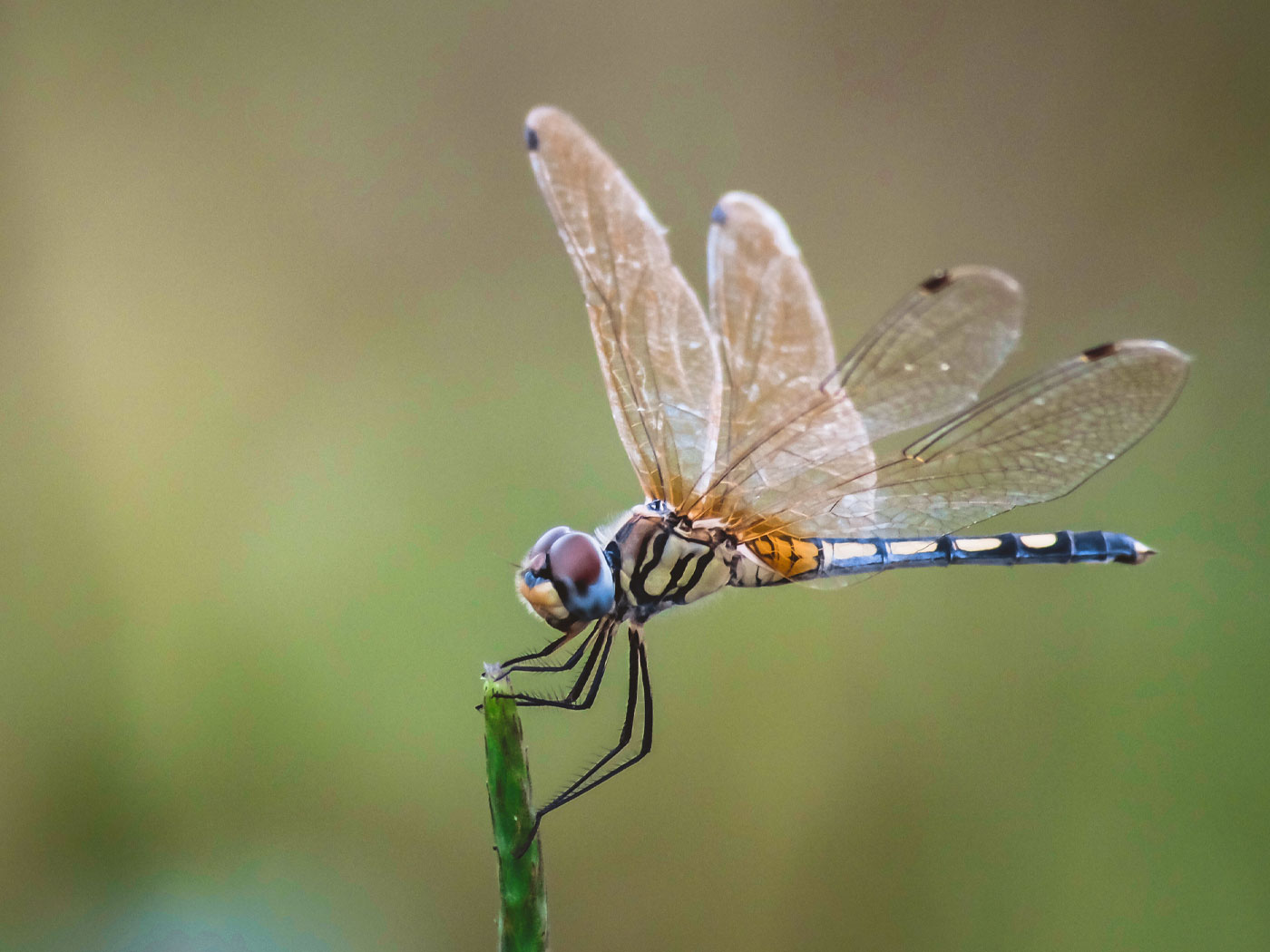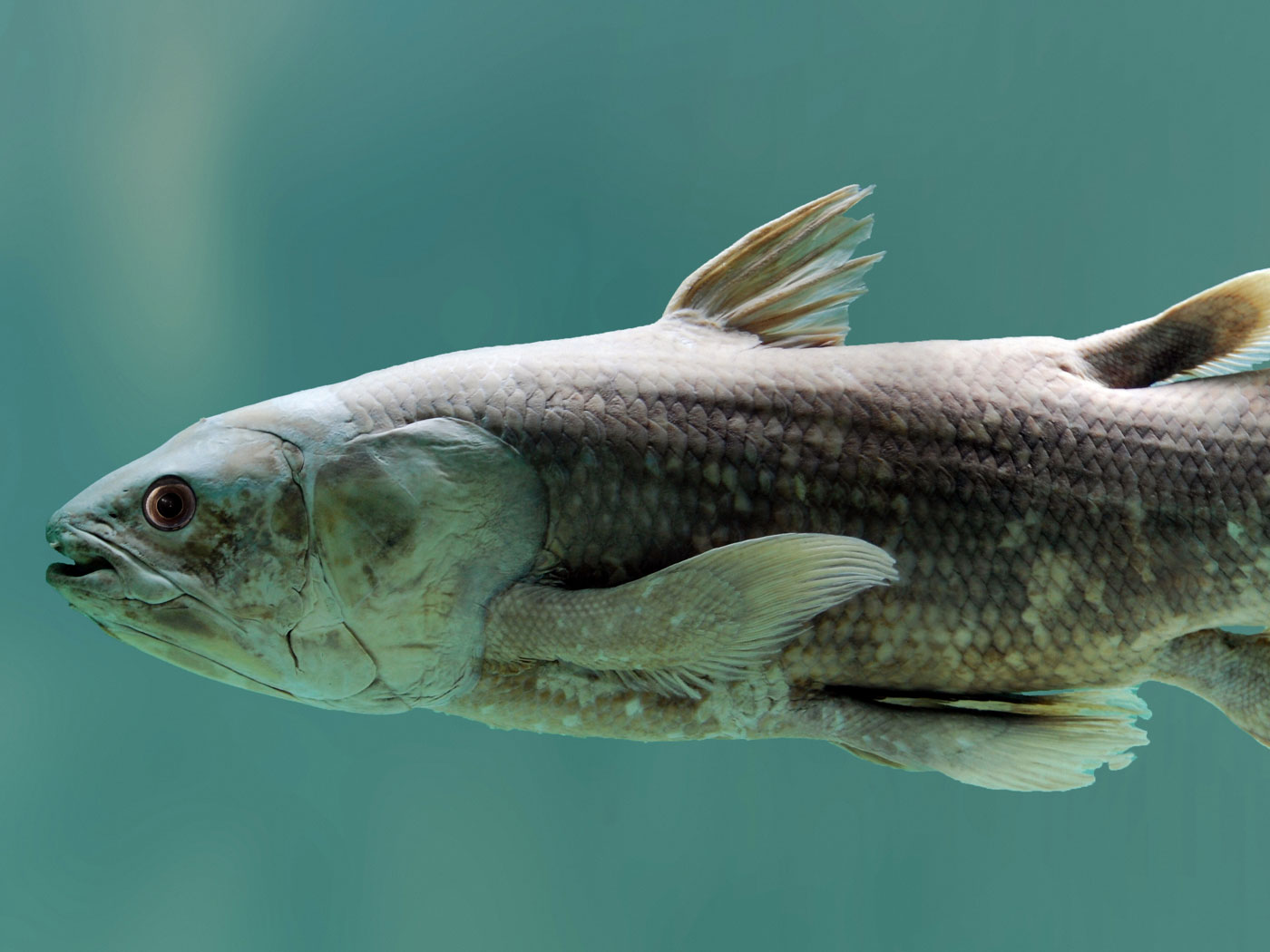Scientists in China recently discovered that a supposedly simple, ancient creature had an unexpectedly complicated nervous system. The creature was an extinct arthropod found in Cambrian rocks, and it had remarkably preserved nervous tissues that showed it had a three-lobed brain connected to fully developed eyestalks.
In the evolutionary scheme, Cambrian fossils represent creatures from an ancient time when they had only recently emerged from unidentified sub-animal life forms. As such, evolutionists expect Cambrian creatures to be more complicated in structure than their supposed precursors, but simpler than their more "highly evolved" descendants.
But the researchers found that this presumably extinct ocean-dwelling arthropod had a brain that was no less complicated than modern arthropods, such as shrimp, centipedes, or insects. The study appears in the journal Nature.1 One of the authors is University of Arizona neurobiologist Nicholas Strausfeld, who told the AFP, "No one expected such an advanced brain would have evolved so early in the history of multicellular animals."2
But that is not accurate. Maybe few evolutionists expected such advanced animal structure in supposedly ancient deposits, but creationists certainly did. For example, the Institute for Creation Research reported in 2011 about the discovery of modern shrimp-like eye fossils: "Advanced eyes in Cambrian fossils are no surprise to Bible-believers, who understand that God made shrimp with fully formed eyes from the beginning."3
The creation model, which takes its main historical input from the Bible, predicts that at its first appearance in the fossil record, any creature that is preserved will contain all of its core attributes. This follows from the third Tenet of Scientific Creationism, as described by ICR founder Henry Morris in 1980: "Each of the major kinds of plants and animals was created functionally complete from the beginning and did not evolve from some other kind of organism."4
And that's exactly how these remarkable Cambrian arthropod remains appear—functionally complete from the beginning.
References
- Ma, X. et al. 2012. Complex brain and optic lobes in an early Cambrian arthropod. Nature. 490 (7419): 258-261.
- 'Modern brain' found in fossil. AFP via The Australian. Posted on theaustralian.com.au October 12, 2012, accessed October 16, 2012.
- Thomas, B. Cambrian Shrimp Eyes Are 'Surprisingly Advanced.' Creation Science Update. Posted on icr.org July 20, 2011, accessed October 16, 2012.
- Morris, H. 1980. The Tenets of Creationism. Acts & Facts. 9 (7).
* Mr. Thomas is Science Writer at the Institute for Creation Research.
Article posted on October, 26, 2012.






